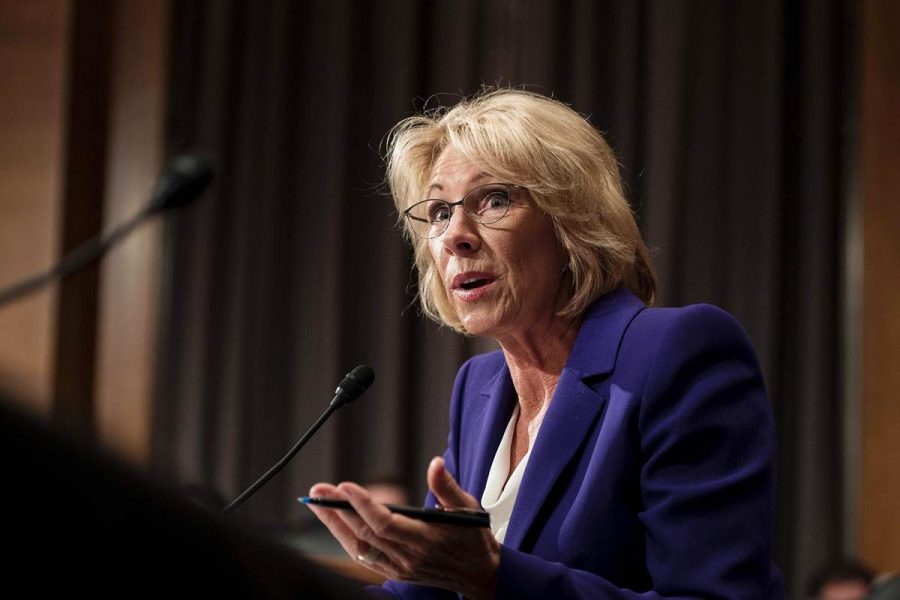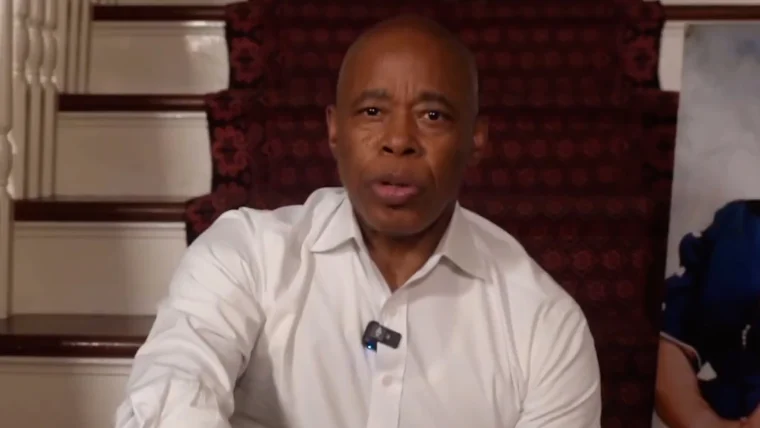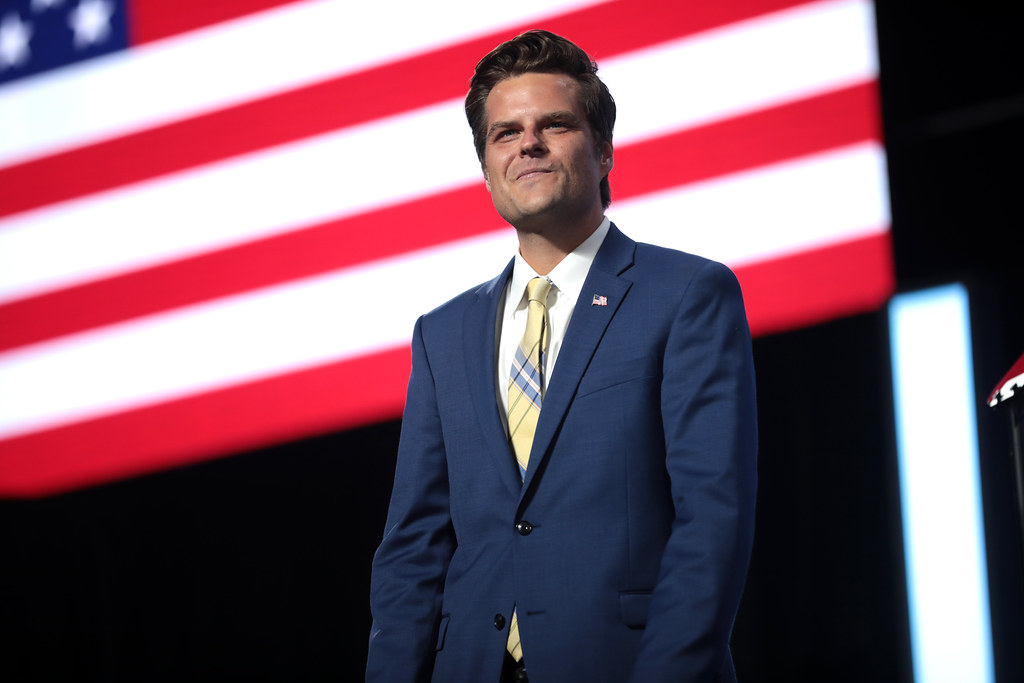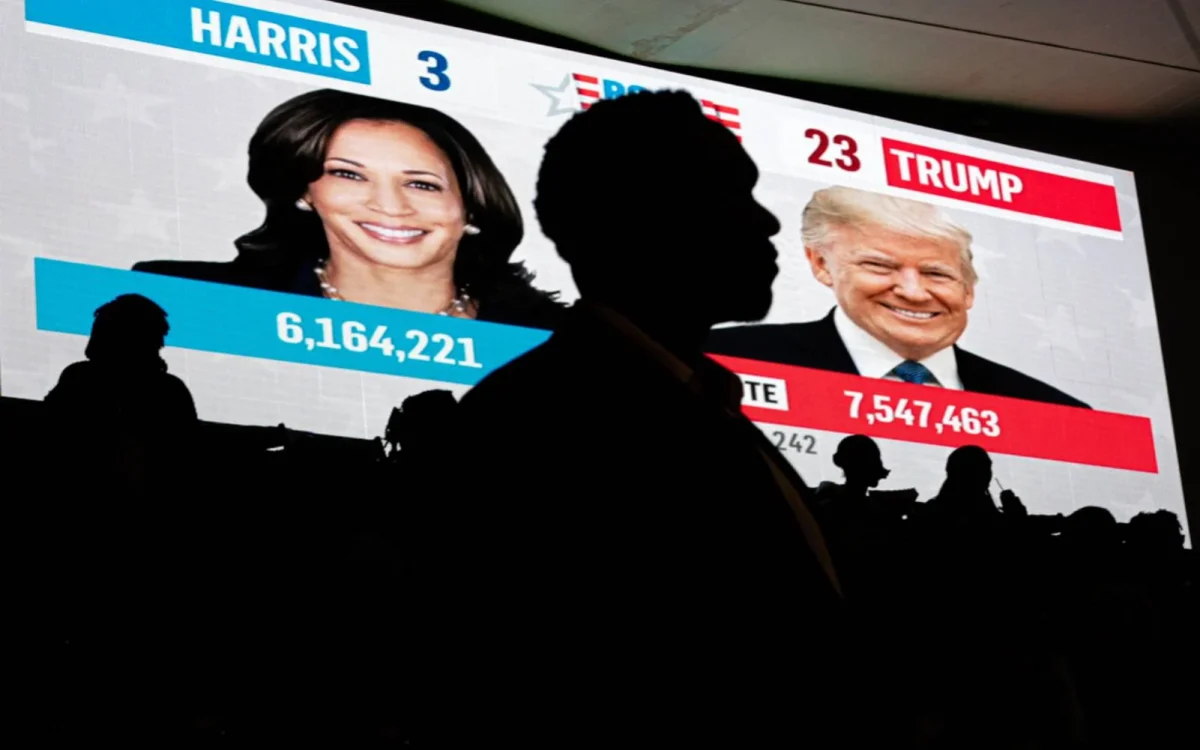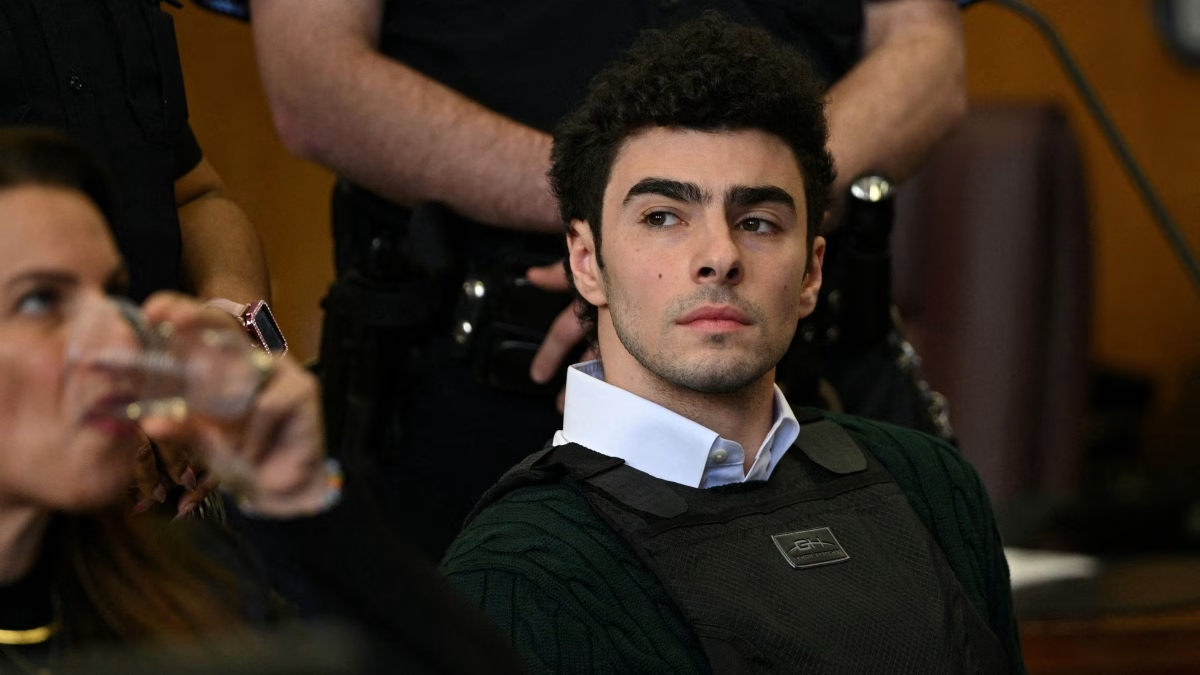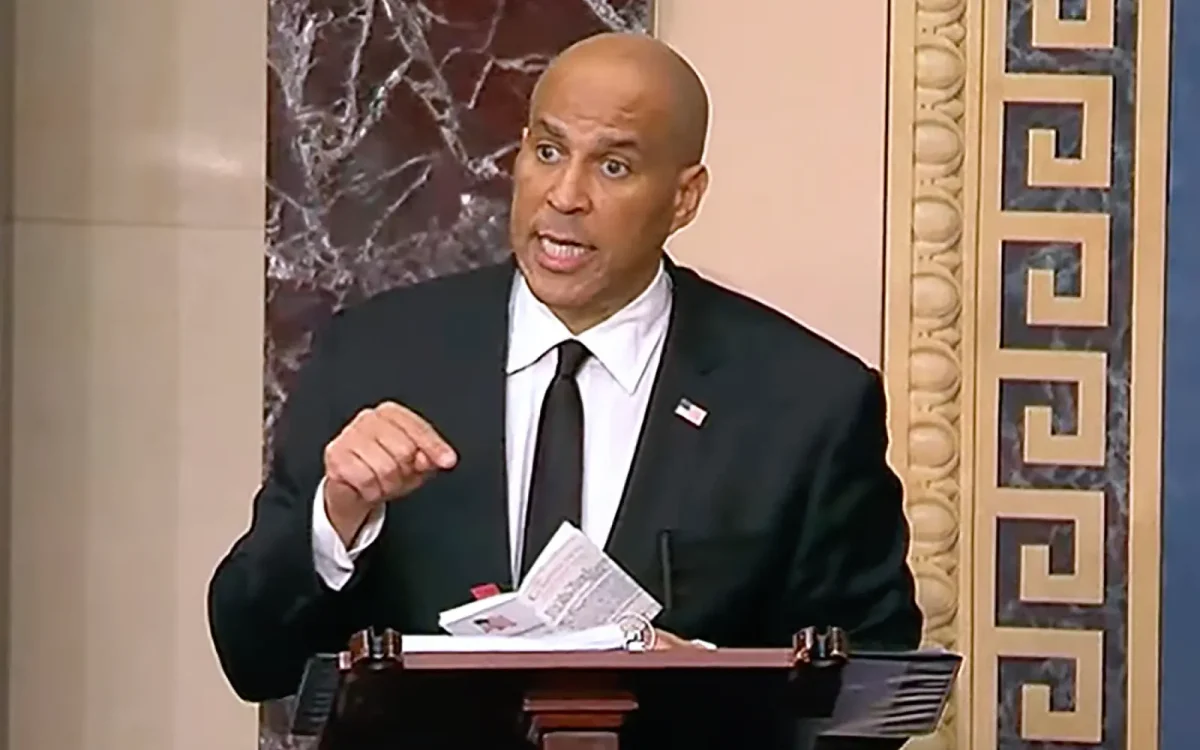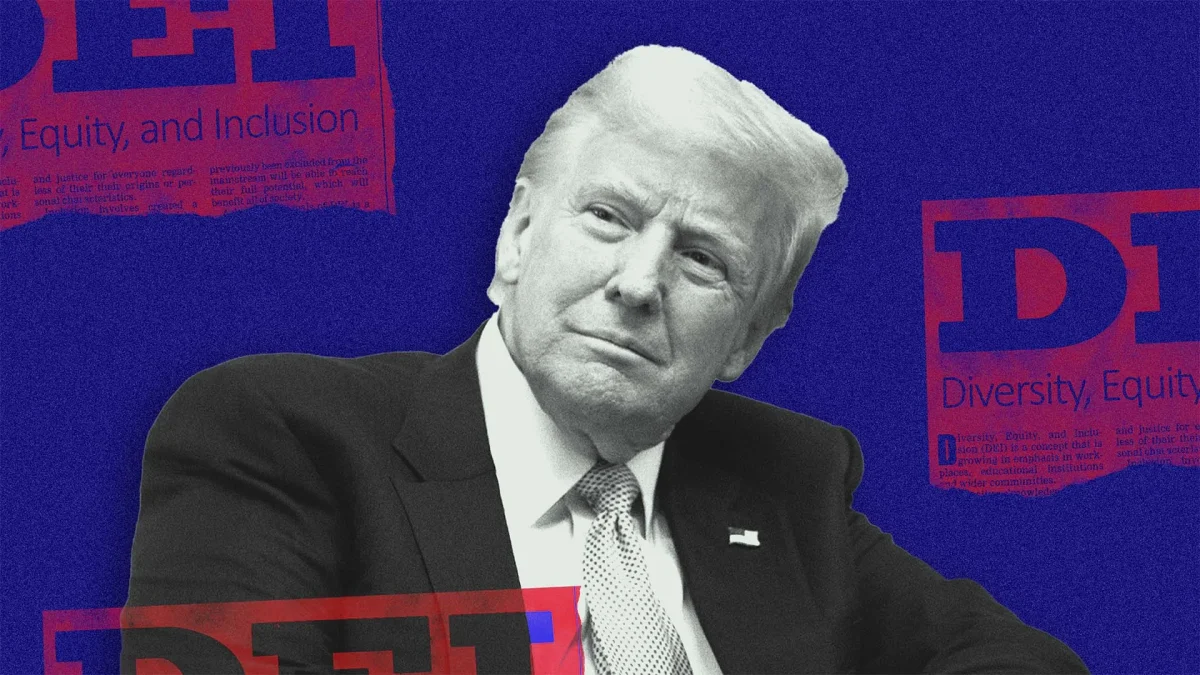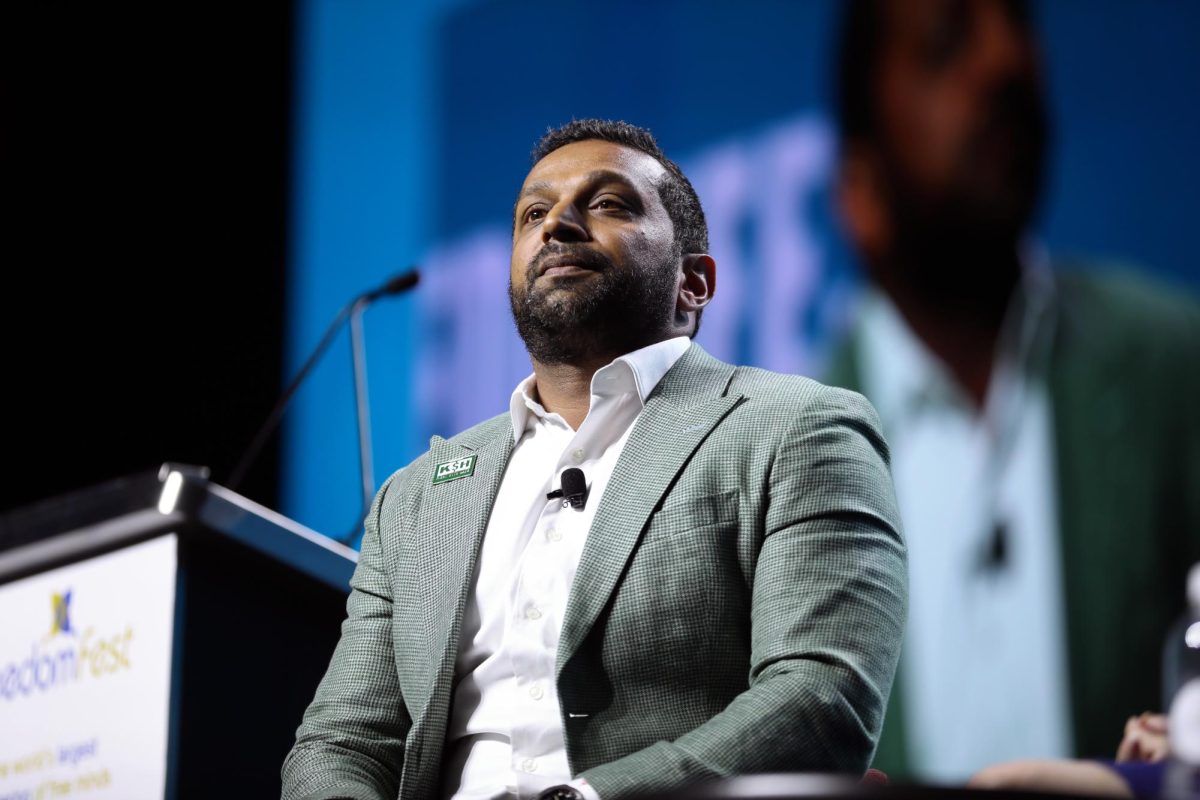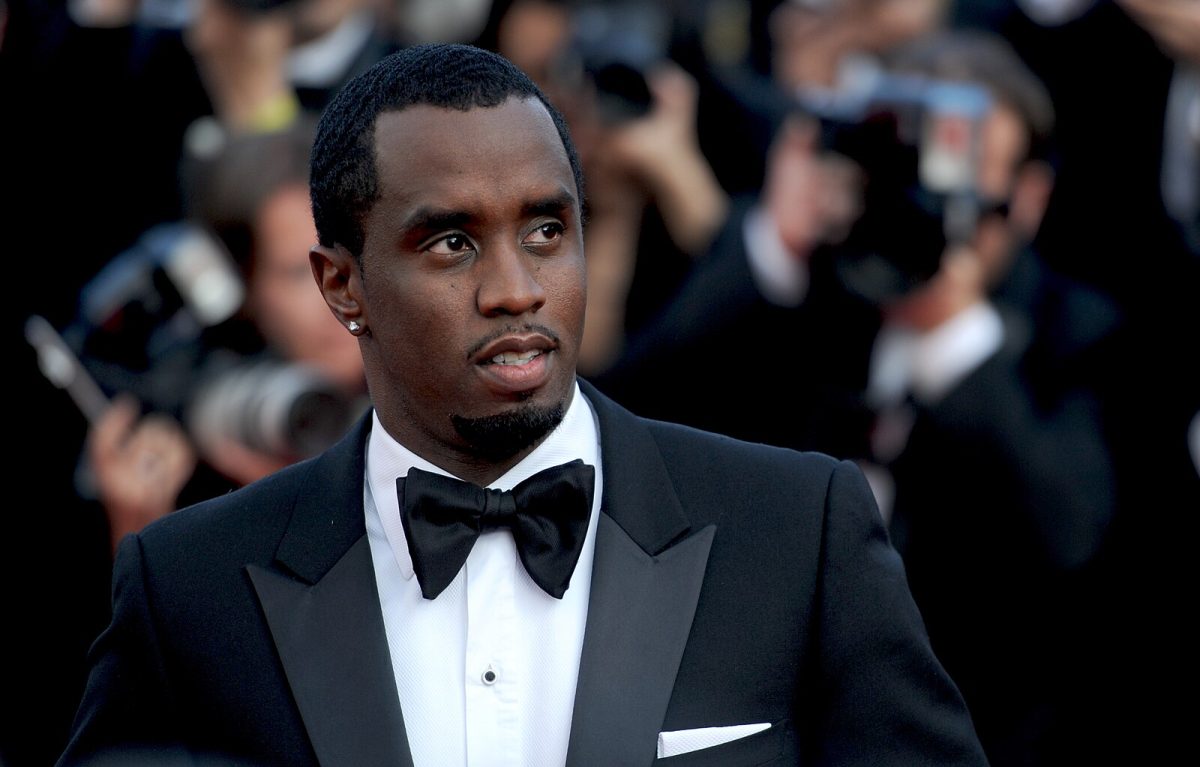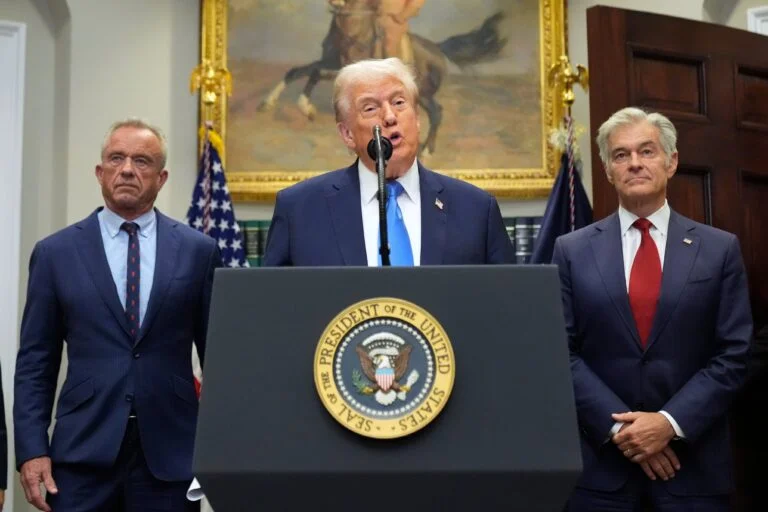President-elect Donald Trump has been busy since Election Day preparing his cabinet for the move to the White House. These past few weeks, his team has been undergoing confirmation hearings where Democratic and Republican Senators from the appropriate committees pose questions to the cabinet members waiting to be confirmed. They then move the nomination to the Senate floor for a vote. On Jan. 17, a confirmation hearing for Betsey DeVos, Trump’s nomination for Education Secretary, was held in Washington.
The hearing for DeVos started off with some skepticism from both sides of the aisle. The Michigan native does not have an immediate background in education. Neither she nor anyone in her family had to attend public school or had to take out loans to pay for college. Her work has only tangentially involved children; for example, she served on a number of nonprofit boards, most notably as chairman of the American Federation for Children. She is known in these circles as a radical for her controversial approaches to education reform. Her plans center heavily around privatizing education and rewarding high-performing charter schools. During the hearing, she emphasized the importance of school choice, not only in higher education, but for K-12 as well. To accomplish this, DeVos plans on utilizing voucher programs. In terms of her views on public education, DeVos supports the Every Student Succeeds Act and how it allows the states more flexibility in setting student performance targets and providing support to schools in the bottom 5%. She also plans to invest in technical education and apprenticeship programs so that young people have stable job opportunities outside of attending college.
Committee members pressed DeVos not only on her views for the future of education policy, but also issues that affect and frequently occur on school campuses, such as gun violence and sexual assault. Senator Chris Murphy (D-Conn.) used his time to ask DeVos whether she supported having guns on college campuses. She responded by saying that the states should decide. Senator Bob Casey (D-Pa.) discussed the issue of sexual assault on college campuses and asked DeVos about her support for Title IX. DeVos did not answer the question, saying that if confirmed, she would have to learn more about it, but that she believed sexual assault “in any way” was a problem.
During the hearing, DeVos refused to commit to an answer regarding sexual assault, which raised more than one flag for the government ethics committee. A number of Senators also made a point in vocalizing their disappointment that DeVos had not filled out her ethics government report or submitted her tax returns to the committee. However, a GOP committee member responded by saying, “We have received all of the [Health, Education, Labor, and Pensions] committee paperwork that is required to have a hearing on Mrs. DeVos. Our committee precedent is that we require the [Office of Government Ethics] paperwork to be submitted before the committee holds a vote on the nominee, not before the committee holds a hearing on the nominee.”
A number of Democratic Senators claimed the lack of paperwork prevented them from having enough information to successfully question DeVos about her potential conflicts of interest, such as her family’s foundation. This foundation caught the interest of members of the committee for its donations to anti-LGBT groups and conservative causes. During the hearing, DeVos denied being Vice President of the foundation and emphasized that any donations made out of the foundation were independent from her. She also took the opportunity to state her support for the LGBT community despite questionable donations from the foundation, like the ones made to Focus on the Family, a nonprofit founded by evangelical leader James Dobson that has supported anti-LGBT causes in the past.
Quickly, the hearing turned from focusing on DeVos’s qualifications as Education Secretary to questioning the legitimacy of the hearing itself. Chairman Lamar Alexander made it clear that he believed DeVos should be confirmed no differently than the education secretaries that preceded her. The rules of the hearing then allotted each Senator five minutes to ask questions, giving Chairman Alexander and ranking member Senator Patty Murray (D-Wash.) an extra five minutes each at the end to ask any additional questions. This received immediate criticism from Democratic congress members. Many chose to use their time to either voice their disagreement with the process or show evidence that disputed the Chairman’s original claims. Senator Elizabeth Warren (D-Mass.) brought up the confirmation hearing for President Obama’s second education secretary claiming that once everyone had finished their first round of questions, the Chairman had said, “I think we have time for a second round.” Before Warren could finish her full thought on the matter, she was dismissed by the Chairman as an “exceptional law professor.”
Additionally, Democratic Senators argued that this new administration was bringing with them radical policy changes that demanded examination beyond five minutes worth of questioning. For many of the Senators, the five minute restriction limited them to one or two questions at the most. One Senator also noted that some hearings, like that of Attorney General Jeff Sessions or Secretary of State Rex Tillerson, lasted for days and recommended that education was just as important and should not be limited to a three hour discussion.
Chairman Alexander stuck to his original claim, pointing out that the hearing for DeVos lasted longer than either hearing for President Obama’s education secretaries, which each lasted around two hours. He reaffirmed his commitment to treat DeVos as the education secretaries under the Obama Administration had been treated, saying, “She should not be treated differently just because this is a Republican administration.”
The Chairman emphasized again that the committee members had the opportunity to write in any additional questions they had for DeVos by 5PM on Jan. 19 before the final vote on Jan. 24. However, he said that there was no guarantee that all those questions will be answered because depending on how they were written, their fate lay in the ‘eye of the beholder.’

